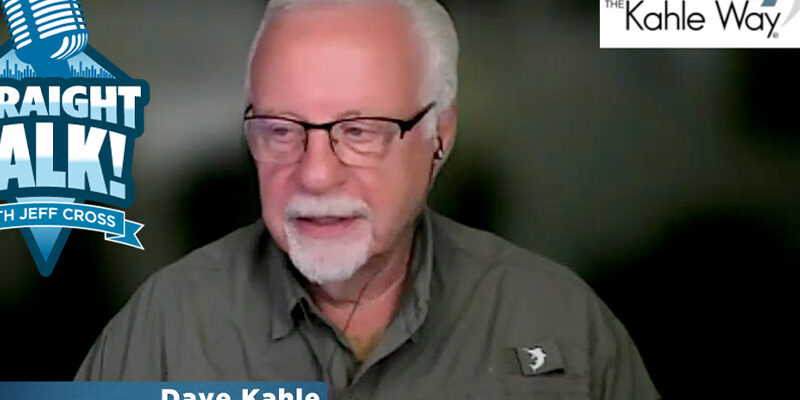Fishing for Success

By Bill Prosch
You’ve worked hard and grown your company to the point where you’re no longer performing physical labor, even though the technical side of the business is quite possibly where your career began. And while you’re feeling proud of what you’ve accomplished, you may also be asking yourself, “What am I supposed to be doing now?”
Does this sound like you? If so, let’s see if I can help you answer that question.
Years ago, a trusted mentor shared this with me:
In 1976, a pair of UCLA professors, Harold Koontz and Cyril O’Donnell, published Principles of Management: An Analysis of Managerial Functions in which they expanded on works separately published by Henri Fayol and George R. Terry. In their book, Koontz and O’Donnell classified management into five functions that every great manager performs. These functions are planning, organizing, staffing, directing, and controlling. I’m fairly certain you’ve emphasized the one that’s currently on every employer’s mind—staffing.
According to the authors cited above, a great manager spends all their time dealing with those five functions. It’s simply the manager’s realm. These five functions are not something you ever get to check off as being done either. They are the activities that keep the machine running, so they must be done continually.
The value of staffing for managerial functions
This brings us to the subject of staffing. In my mind, the term staffing means the manager is constantly recruiting, hiring, and training. Here’s the important part—it never ends. Companies grow, employees quit, team members get promoted, staff have family issues or health problems, etc.
In other words, we should be constantly on the hunt for our next employee. We should be constantly recruiting, hiring, and training if we want our success to continue. We can’t do any hiring and training if we haven’t recruited anyone, right? So, let’s talk specifically about finding people. And let’s do this in a way that makes it simple.
I view recruiting like a hungry man fishing and view hiring like catching the fish.
The first thing a fisherman should consider is what kind of fish they want to catch. Where can they find that kind of fish? In the ocean, a lake, a river?
Next, fishermen should ask themselves what kind of bait is going to attract that fish to their hook in that body of water. And what happens if the fish aren’t biting? Or, what if other fishermen are crowding in, trying to catch the same fish as our fisherman? Does the fisherman simply quit fishing, throw their hands in the air, and die of starvation? No, of course not.
The fisherman does things like changing the bait they’re using or moving to another pond or river, but they never quit. Then, once they’ve caught enough fish to fill their stomach for the day, they keep fishing to ensure they have enough to eat in the future.
We could go on and on with this parallel, but when you realize that recruiting and hiring is a never-ending process, just like fishing, the answer to the question, “What am I supposed to be doing now?” becomes much clearer.
Finding your ‘catch of the day’
On a daily basis, I hear about how hard it is to find employees in today’s work environment. But do we throw our hands in the air and give up? Of course not.
Just like our fisherman, if we take that route, our company will eventually starve to death or at least fail to thrive. Instead, the company that is led by a manager who knows what they should be doing will constantly be recruiting, hiring, and training. Sometimes, the fishing is good and sometimes, it’s not. But they key to finding that ultimate catch when you need it is to never stop fishing and tweaking your techniques to appeal to the best fish, no matter what body of water you choose.
Bill Prosch, CR, is a Business Development Adviser for Violand Management Associates (VMA), a highly-respected consulting company in the restoration and cleaning industries. Prosch is a leading expert in operations and a Certified Restorer. He has a deep understanding of entrepreneurial challenges having owned and operated a successful restoration company for more than 30 years. Through Violand, he works with companies to develop their people and their profits. To reach him, visit violand.com or call (800)360-3513.












